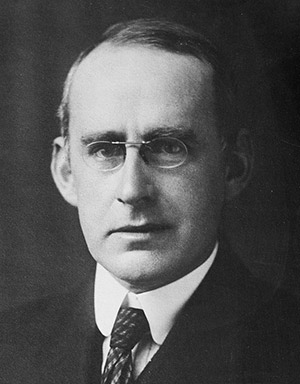The views expressed in our content reflect individual perspectives and do not represent the authoritative views of the Baha'i Faith.
O SON OF MAN!
Wert thou to speed through the immensity of space and traverse the expanse of heaven, yet thou wouldst find no rest save in submission to Our command and humbleness before Our Face. – Baha’u’llah, The Hidden Words, p. 13.
Our vast universe holds so many mysteries.
Last week my wife and I watched a wonderful film called Einstein and Eddington, about the partnership between the great German scientist Einstein and his British counterpart you’ve probably never heard of, Sir Arthur Stanley Eddington. Watching the move (a joint production of HBO and the BBC) made me want to know more, and rekindled my nascent but lifelong desire to study physics. So I did a little rudimentary research and found out that Eddington was quite the scientist. He collaborated with Einstein on the theory of relativity; became the first to actually prove that gravity bends light; correctly theorized the first true understanding of what happens inside a star; and wrote physics and astronomy textbooks still in use today.
Eddington — a Quaker, an internationalist, a pacifist and a conscientious objector during World War I – also believed in what he called an idealistic view of the world. His scientific argument, a profoundly mystical one, goes something like this: all we know of the objective world is its structure, the things we can see and measure. But the structure of the objective world precisely mirrors our own consciousness – which means that reality and our consciousness are one, inseparable reality. In other words, Eddington thought, there is no separate “real world” outside of our conscious mind.
Got it?
Me neither, but I find it fascinating. As did hundreds of thousands of people in that pre-TV and video game and Facebook era, who flocked to Eddington’s lectures, making him immensely popular with the public in England and beyond. Eddington also eagerly wrote about and lectured on the philosophical and religious implications of the new physics of relativity and quantum theory. He wrote popular books, did newspaper and radio interviews, and generally made the connection, his entire life, between the frontiers of science and the most meaningful truths of faith. He proclaimed, as did Abdu’l-Baha when he visited England a decade earlier, the essential harmony between scientific investigation and religious mysticism:
Religion and Science are inter-twined with each other and cannot be separated. These are the two wings with which humanity must fly. One wing is not enough. Every religion which does not concern itself with Science is mere tradition, and that is not the essential. Therefore science, education and civilization are most important necessities for the full religious life. – Abdu’l-Baha, Abdu’l-Baha in London (1911), pp. 28-29.
To interpret man’s religion to man’s science in not only mutually intelligible, but mutually interdependent terms, remains, as I believe, the great task of our time if we are to see any stable order in events, or make any consistent sense of experience. – Eddington, (The Gifford Lectures, 1927).
Like many quantum physicists, Eddington’s work led him to the essentially spiritual questions of the universe:
In the mystic sense of the creation around us, in the expression of art, in a yearning towards God, the soul grows upward and finds the fulfillment of something planted in its nature. The desire for truth so prominent in the quest of science, a reaching out of the spirit from its isolation to something beyond, a response to beauty in nature and art, an Inner Light of conviction and guidance! The human spirit belongs to the unseen world. The soul is reaching out to the unseen world. – The Gifford Lectures.
In the Hidden Word above, Baha’u’llah makes this powerful observation even more profound – “to speed through the immensity of space,” he says, would give our spirits no rest until we develop “humbleness before Our face.”
Baha’u’llah uses the pronoun “Our” twice in this mystical aphorism. He means, presumably, that God and the Prophets speak as one to humanity. They tell us, together, that our ultimate happiness and rest can only come when we begin to see beyond the physical aspects of existence, and perceive the face of God in all creation. Just as the expanse of heaven looks back at us with its immensity when we look out at the universe; God looks back at us when we reach inwardly to the unseen world.

















Comments
Sign in or create an account
Continue with Googleor